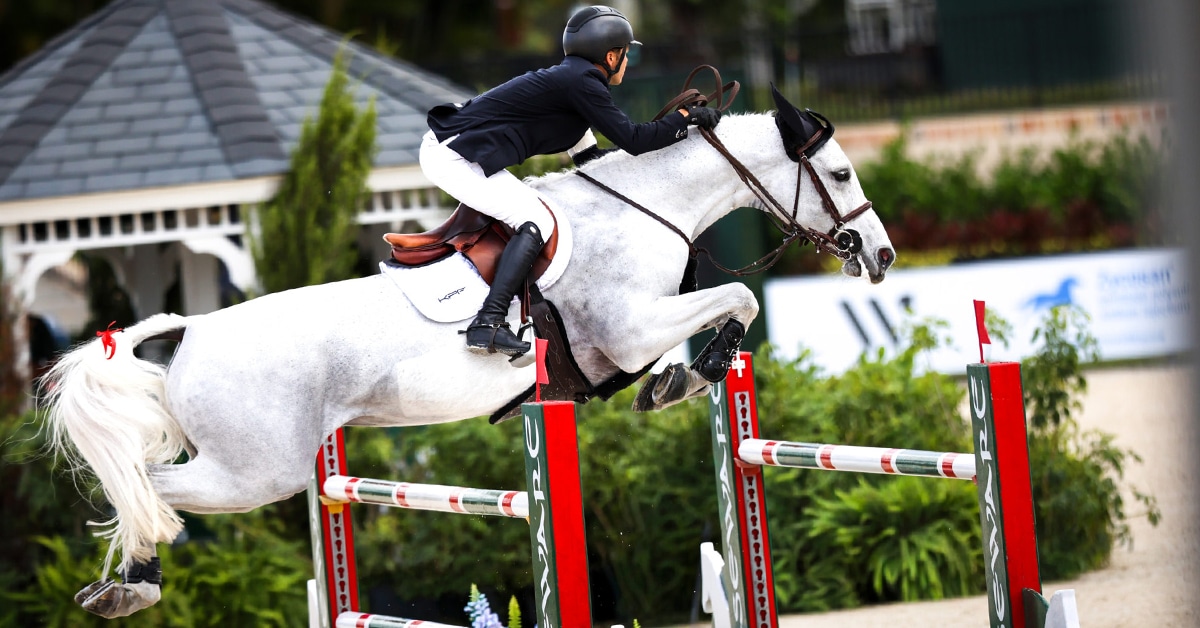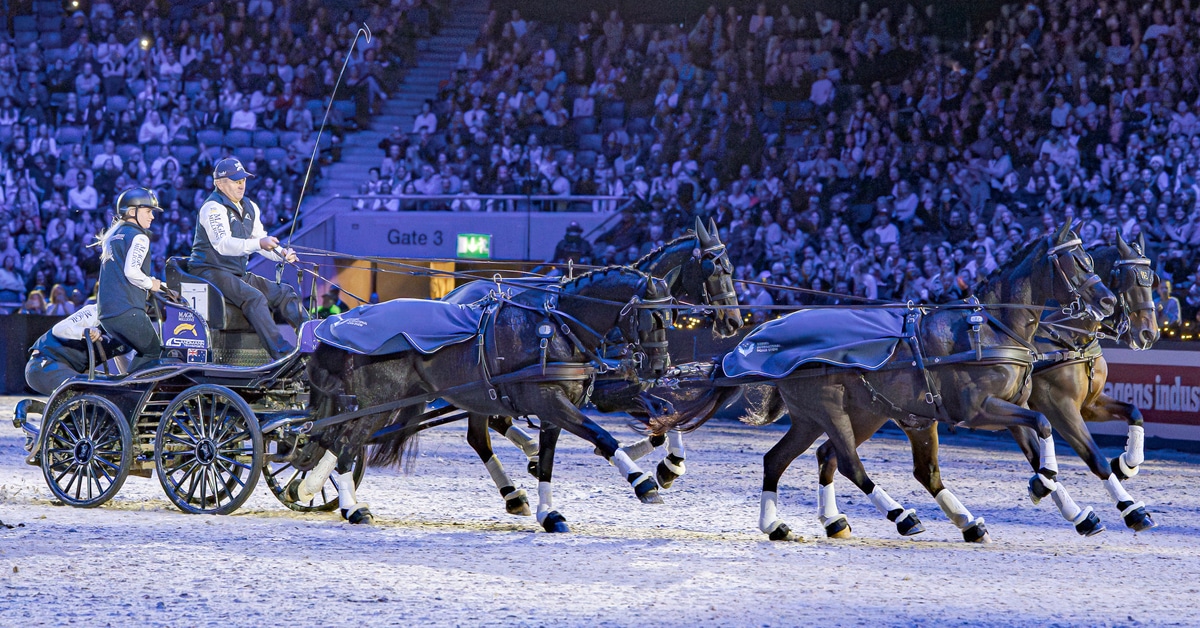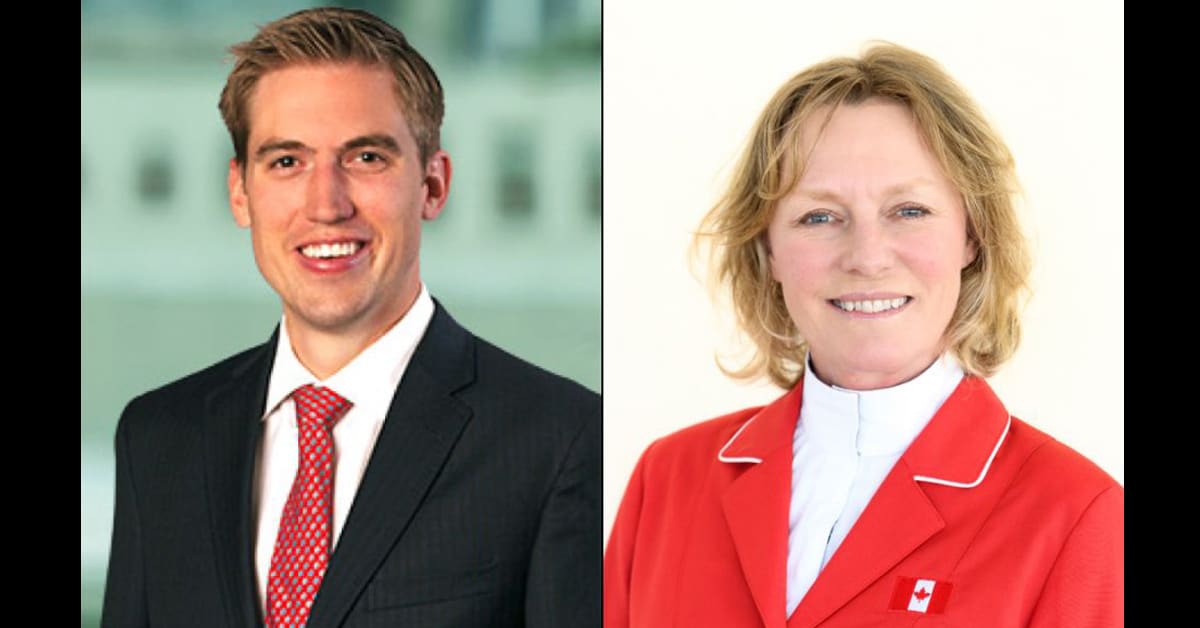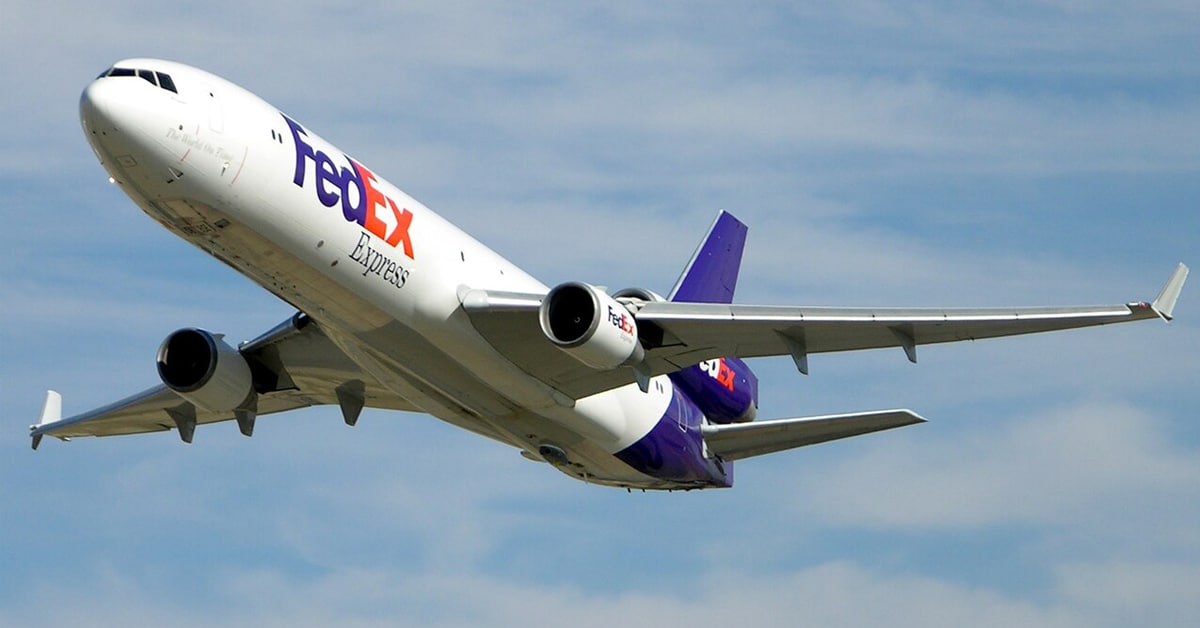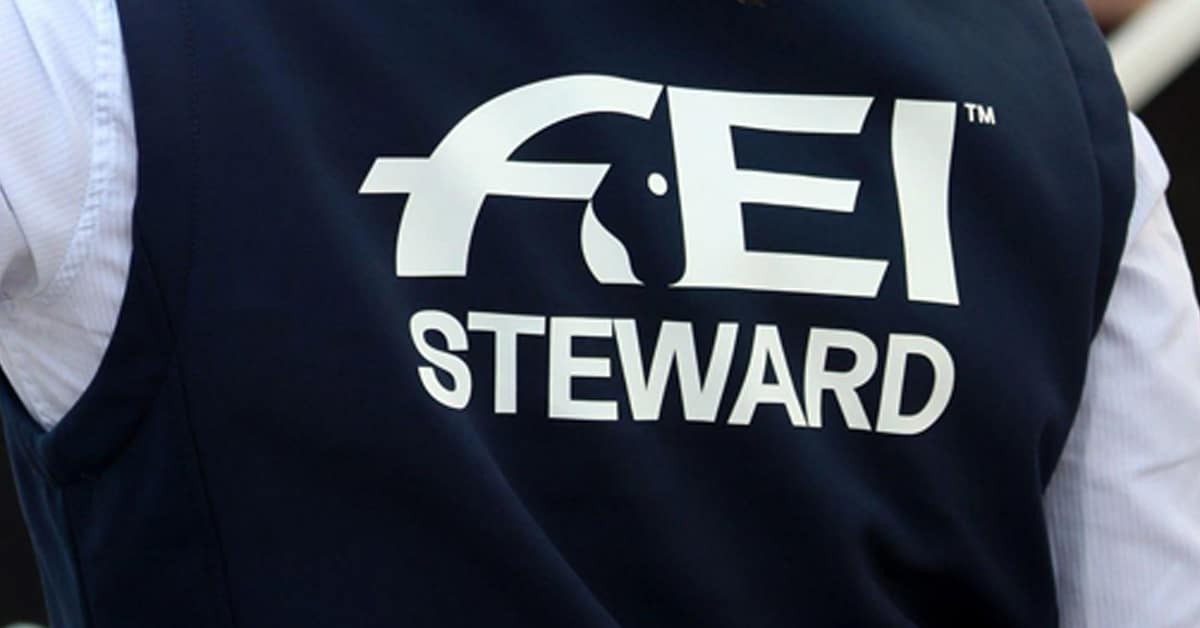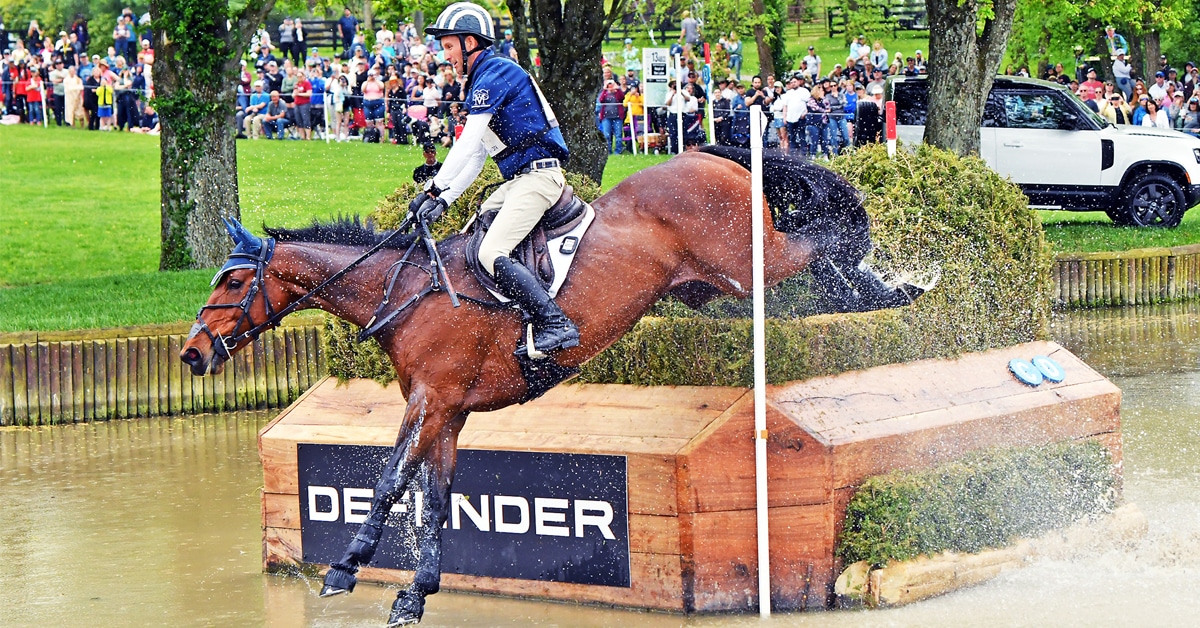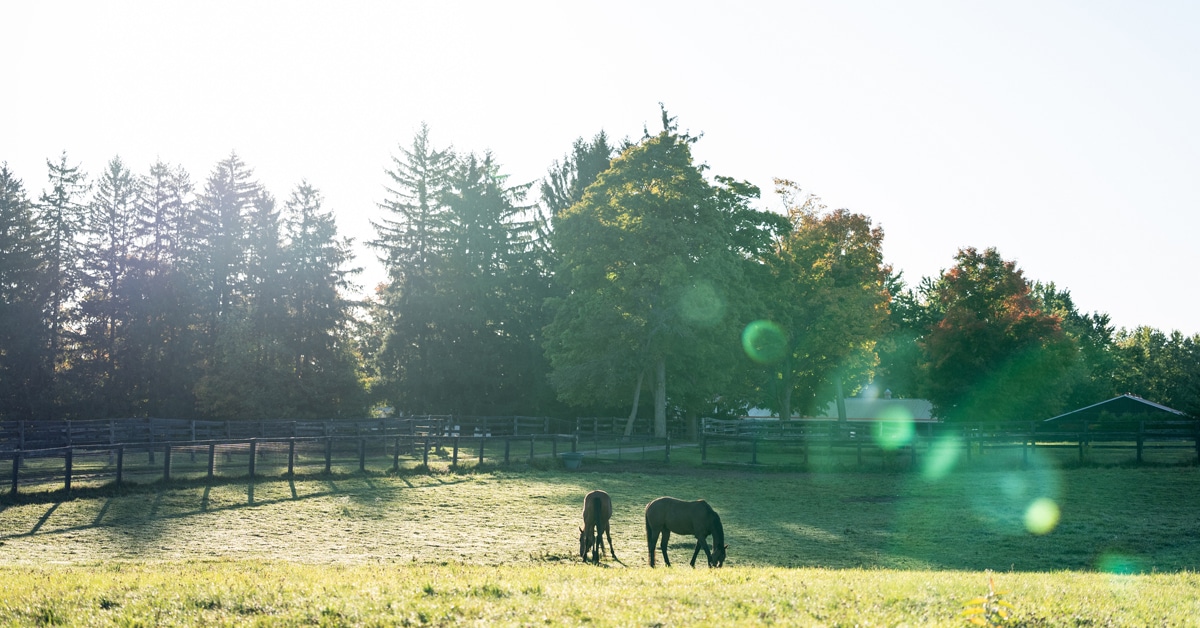The FEI has dropped a steroids case against a top endurance trainer after two years of wrangling over a legal point that potentially exposed the FEI to a damages claim.
Ali Khalfan al Jahouri, 44, long-time trainer at Al Wathba stables in Abu Dhabi, had been scheduled to appear before the FEI’s independent Tribunal in January 2019. Three endurance horses in his care – the former President’s Cup winner 8 Minute, plus HLP Gadafi and JLB Noche – tested positive to various banned substances at the end of 2017.
Under the Equine Anti-Doping and Controlled Medication Regulations (EADCMRs) the “Person or Persons Responsible” are strictly liable for the presence of a banned substance in a horse, even if someone else admits fault.
8 Minute had tested positive to three steroids, nandrolene, stanozolol and EA-ESTRANE-3B,17A-DIOL and Al Jahouri might normally have faced two years suspension.
But the 8 Minute case alone was prosecuted under the clause of EADCMRs Article 2.2, which covers “Use or Attempted Use of a Banned Substance or a Banned Method.” Proof of “intent” is required in an “attempted use” charge; after Al Jahouri produced witness statements about management practices at Al Wathba FEI legal conceded there was “insufficient evidence that Mr Ali Khalfan Al Jahouri was actually involved in the doping violation or used Nandrolone on the horse in this specific case” and dropped the 8 Minute charges.
In return for not appealing to the Court of Arbitration for Sport (CAS) and not claiming damages from the FEI regarding 8 Minute, Al Jahouri accepted a one-year suspension set against time already served for the Trometamol positives in HLP Gadafi and JLB Noche on the strict liability basis, even though the substance had been administered by a veterinary assistant. Trometamol was an ingredient of a product called Endurance, but omitted from the label.
The rationale for prosecuting the 8 Minute case differently to HLP Gadafi and JLB Noche has not been explained.
8 Minute finished first in the under 21’s 120km ride in Valeggio sul Mincio, Italy in September 2017, ridden by Khalifa Ali Khalfan Al Jahouri, who was 19 at the time. 8 Minute failed the final vet-check and subsequently tested positive to steroids.
As the rider and hence primary “Person Responsible,” Khalifa Al Jahouri was provisionally suspended immediately. However, back in 2017 the FEI had discretion to join “Support Personnel” such as trainers as additional “Persons Responsible.” Following the Trometamol positives in December 2017, the FEI provisionally suspended trainer Al Jahouri over those two cases in January 2018. 8 Minute was then added to these charges, causing the trainer to argue that her belated addition raised issues as to exactly whom was responsible for establishing the cause of 8 Minute’s positive samples.
Negotiated settlements are increasingly used in FEI anti-doping cases as an alternative to in-person hearings before the FEI’s independent Tribunal. Normally the Tribunal ratifies these settlements without dissent, but it has strongly criticized all parties for their handling of the 8 Minute case.
In November 2018, the Tribunal’s preliminary hearing panel declined to lift trainer Al Jahouri’s provisional suspension because while “new evidence” had apparently come to light, the source of the banned substances was still disputed. Tribunal said it could not be shown that Al Jahouri bore “no significant fault or negligence,” which is required before any leniency is considered.
Tribunal prepared to hear the case in January 2019, but on January 31st learned it was cancelled because a negotiated settlement between FEI Legal, the Al Jahouris and their attorneys, Morgan Sports Law of London, UK, was imminent. The same day the FEI asked Tribunal to lift the trainer’s provisional suspension but Tribunal declined, having not been told what the “new evidence” comprised.
Tribunal then discovered that on February 7 CAS regarded the “mutual consent of the parties as sufficient for the suspension to be lifted.” Tribunal complained it was not kept informed.
In signing-off the agreement, Tribunal said: “The FEI now asserts that there is insufficient evidence to prosecute a case against the Trainer under Article 2.2 …. Furthermore, the FEI abandons the repeated submission that strict liability applies in the circumstances of this case. The FEI accepts that the trainer’s practices excuse him from liability. The Tribunal regards it as unfortunate that it should have taken nearly two years for the parties to have reached that conclusion.
“This unseemly period of over two years in what should have been a routine case, even given the initial scientific dispute [not detailed in the decision notice], is to be deprecated. The Tribunal invites the parties and their advisers to take notice accordingly.”
In a separate agreement, 8 Minute’s young rider Khalifa al Jahouri was suspended for two years, backdated to the start of his provisional suspension in September 2017, fined 7,500 Swiss francs and he agreed to pay the B sample costs. (The riders of HLP Gafadi and JLB Noche have previously been sanctioned.)
Since the start of 2019, sanctions against registered endurance trainers have become automatic rather than discretionary in anti-doping cases. This new rule reflects the unique set-up in Middle East endurance where horses are produced from large trainer-led barns, as in Thoroughbred racing, with the horse’s competition rider/jockey not necessarily involved in its day to day stable management https://e1a45567e7.nxcli.net/horse-news/first-trainers-suspended-new-anti-doping-rule.
Seven trainers have been provisionally suspended since the new policy came into force.
Last year the FEI admitted it would be difficult to keep abreast of the whether the horse’s registered trainer was the same person managing it on a day-to-day basis – a grey area now highlighted by the 8 Minute case.
More News
